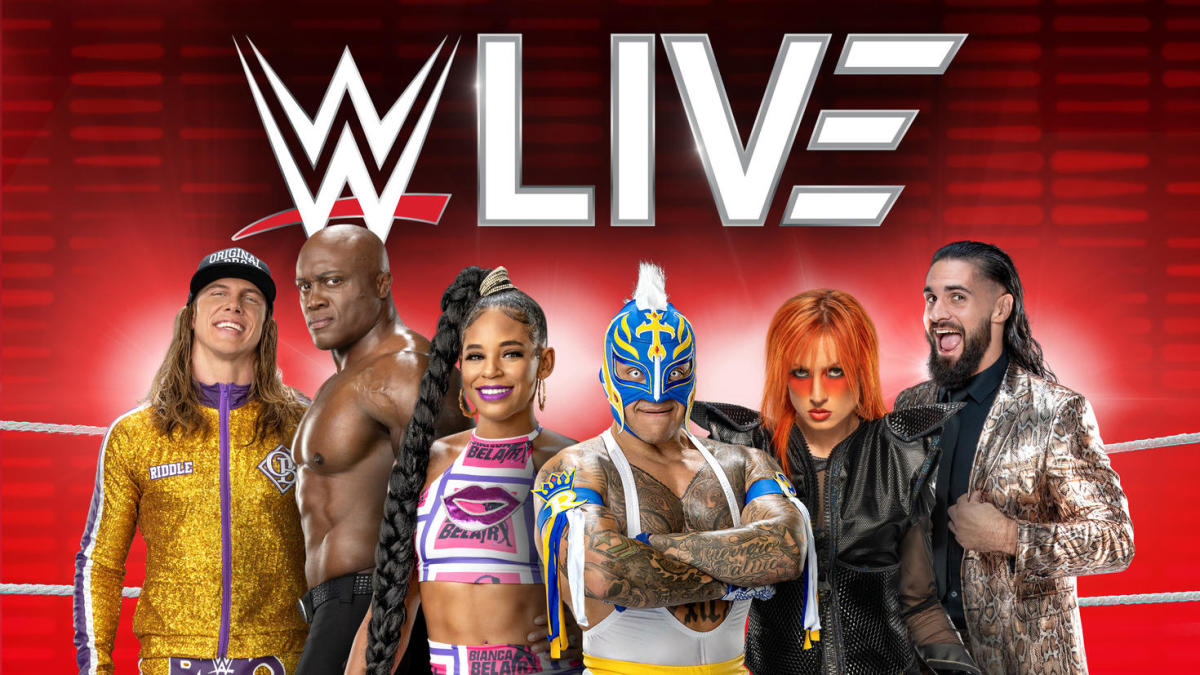[ad_1]
A half-dozen legislators from Mexican President Andrés Manuel López Obrador’s Morena party have joined in creating a congressional “Mexico-Russia Friendship Committee,” almost a month after Russian troops invaded Ukraine
MEXICO CITY — A half-dozen legislators from Mexican President Andrés Manuel López Obrador’s Morena party joined Wednesday in creating a congressional “Mexico-Russia Friendship Committee,” almost a month after Russian troops invaded Ukraine.
It was the latest in a string of events that suggest there is some sympathy for Russia in Mexico’s ruling party, despite the invasion.
About two dozen congress members from Morena and the allied Labor Party applauded Russian Ambassador Viktor Koronelli Wednesday after he addressed the committee, which met at Congress.
“For us this is a sign of support, of friendship, of solidarity in these complicated times in which my country is not just facing a special military operation in Ukraine, but a tremendous media war,” Koronelli said. “Russia didn’t start this war, it is finishing it.”
Russia has outlawed calling the invasion by that name, and instead calls it “a special military operation.”
Morena Congressman Armando Contreras Castillo said: “We are always ready to do everything we can to increase the friendship, relations and cooperation between Mexico and Russia in every aspect of the world and life.”
Mexico has refused to send any aid to Ukraine or impose sanctions on Russia, but did vote in favor of a U.N. resolution condemning the invasion.
But on Wednesday, López Obrador declared that Mexico was neutral in the conflict.
“As regards the war, we are not going to participate in favor or against,” the president said. “Our posture is neutrality.”
Koronelli said “we highly value the posture, the position of the Mexican government in the Ukraine crisis.”
In fact, Mexico’s position has been contradictory. In the United Nations, France and Mexico proposed a humanitarian resolution blaming the Russian invasion for the humanitarian crisis in Ukraine. They then moved it out of the Security Council, where it faced a Russian veto.
Instead, they took it to the 193-member General Assembly, where there are no vetoes. It was discussed Wednesday.
Russia’s U.N. ambassador, Vassily Nebenzia, told the assembly that by considering the Ukraine-backed French-Mexican resolution, it was engaging in “another political anti-Russian show, set this time in an allegedly humanitarian context.”
But domestically, the president’s party appeared to have a more pro-Russian stance.
In early March, a youth group apparently affiliated with the president’s Morena party made headlines in Mexico after it sent an open letter to the Russian ambassador supporting the invasion.
“We reaffirm our moral and political support for the difficult decision that forced the Russian government and President Vladimir Putin to engage in the legitimate defense of his people and, seeking to avoid a larger military conflict and preserve world peace, militarily intervene in Ukrainian territory to weaken the neo-Nazi, coup-lead forces,” the Morena Youth of Mexico State group wrote in the letter.
López Obrador’s spokesman, Jesús Ramirez, said the youth group had no official standing in the party.
But the Morena party itself latter said in a statement that “we respect the freedom of thought of our members, but we make clear that this letter does not represent an official position of Morena,” implying the views expressed there did exist among at least some members of the party.
Federico Estevez, a political science professor at the Autonomous Technological Institute of Mexico, said the position of López Obrador and Morena hearkens back to 1960s-era leftism, when the Soviet Union was seen as a counterbalance to U.S. dominance in Latin America. They also reflect Mexico’s long-standing resentment of U.S. invasions which eventually cost the country half its territory.
“He doesn’t want to be accused of being knuckled under by the U.S. for the U.S. foreign policy goals,” Estevez said of the president. “It makes sense he would like an anti-imperialist front” like the non-aligned movement of the 1960s and 70s — however unlikely that is to emerge — Estevez said, noting: ”There’s just like nowhere to go, except for rhetorical resistance to U.S. sheep herding in the world.”
[ad_2]
Source link


















